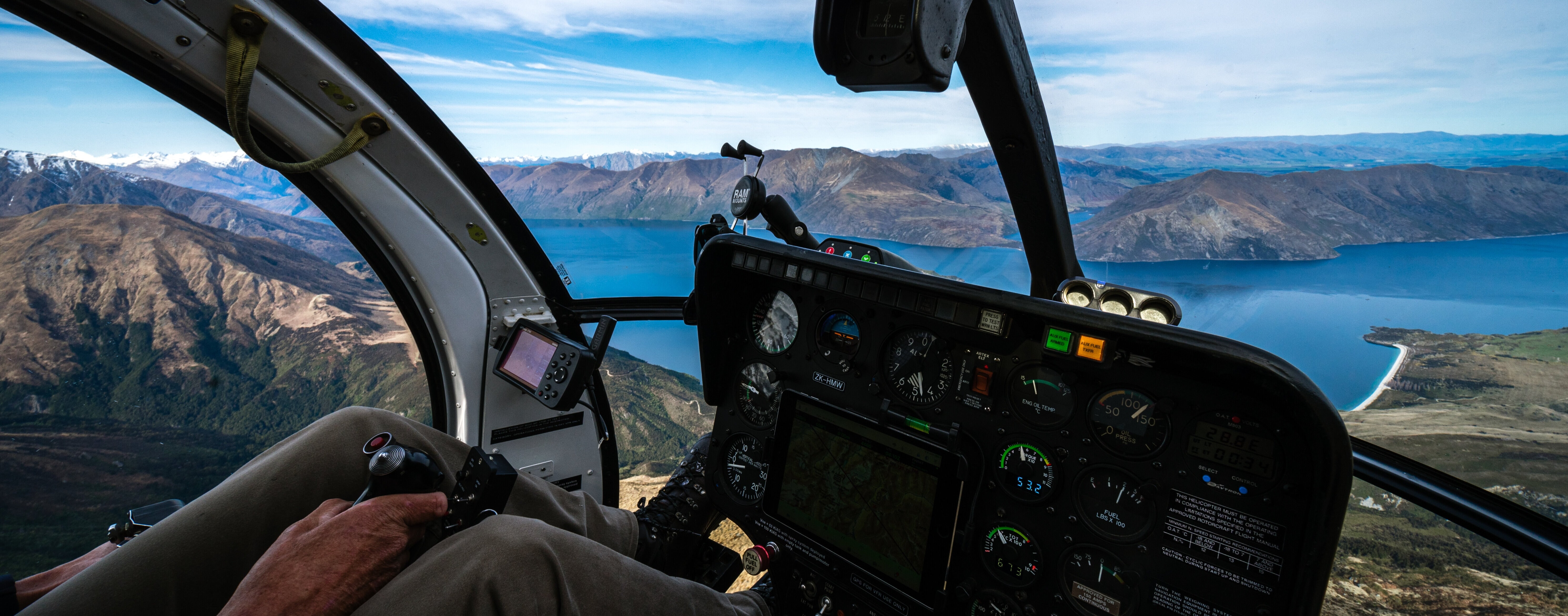Governance Assurance & Capital Stewardship
Precision-driven planning: The value of turnkey air supply services with SkyLink feasibility studies
Building on the insights shared in TacminMadini’s previous exploration of helicopters as catalysts for remote project delivery, SkyLink feasibility studies represent the next step in precision-driven planning for air transport solutions. TacminMadini’s SkyLink feasibility studies comprehensively evaluate turnkey air supply services for remote mining and infrastructure projects. These studies assess the viability and value-add of air transport solutions, addressing every aspect of service implementation. By evaluating costs, advantages, requirements, and operational practicality, SkyLink ensures clients have actionable insights to optimise their air transport strategies, achieve operational efficiency, and align with Environmental, Social, and Governance (ESG) principles. This meticulous approach gives clients the clarity needed to make informed decisions about implementing transformative air supply solutions.

ESG integration: Fostering sustainable and responsible development
Addressing Environmental, Social, and Governance (ESG) priorities is a cornerstone of SkyLink feasibility studies. These assessments ensure air supply services minimise environmental disruption, respect cultural heritage, and benefit local communities. By integrating ecosystem planning, agricultural considerations, and real-time monitoring, SkyLink helps clients manage risks and maintain compliance. Advanced LiDAR technology supports tracking environmental changes, ensuring projects remain transparent and sustainable. The studies also highlight how optimised, well-planned transport infrastructure can enhance community resilience and reduce ecological impacts, ensuring operations align with ESG objectives and global sustainability standards. Through this focus, SkyLink enables clients to deliver projects that balance operational success with environmental and social responsibility.
Aircraft type selection: Identifying the optimal solution
Determining whether fixed-wing aircraft or helicopters best suit project requirements is central to SkyLink studies. Fixed-wing aircraft, ideal for long-distance travel and heavy payloads, require the construction of airfields, while helicopters offer unmatched flexibility for accessing rugged areas without infrastructure. The evaluation includes CAPEX and OPEX projections, aircraft leasing types and advantages, site accessibility, and operational frequency to deliver a tailored recommendation. SkyLink also examines long-term operational benefits and cost trade-offs, providing clients with the most practical and efficient air transport solution to meet their needs.
LiDAR-enabled aerial surveys: Enhancing precision and decision-making
SkyLink studies highlight the transformative value of LiDAR-enabled aerial surveys in project planning and monitoring. These high-resolution surveys provide accurate terrain analysis, infrastructure design, and environmental assessments, offering unparalleled risk mitigation and precision for regulatory compliance. The studies assess the costs, advantages, and integration requirements of LiDAR technology while demonstrating its role in achieving ESG goals. By mapping ecosystems, monitoring biodiversity, and supporting sustainable development practices, LiDAR surveys enable clients to align projects with environmental regulations and make data-driven decisions.
Workforce and goods transport: Streamlining logistics for remote projects
The seamless movement of people and materials is critical to remote project success. SkyLink studies analyse Fly-in Fly-out (FIFO) workforce requirements and the transport of equipment and supplies. The studies recommend cost-effective and operationally efficient solutions by comparing the capabilities of fixed-wing aircraft and helicopters. Supporting infrastructure, such as airfield construction, is also evaluated to align logistics with project goals, ensuring reduced delays and maximised productivity. These studies emphasise the multiple benefits of integrated air transport, which improves project timelines, reduces costs, and enhances operational reliability.
Inspections, monitoring, and operational data: Prioritising safety and sustainability
SkyLink feasibility studies explore the role of aerial inspections and monitoring in maintaining operational safety and environmental sustainability. Regular inspections for infrastructure such as pipelines and operational facilities and real-time data collection via cloud-based platforms enhance proactive risk management. The studies evaluate monitoring systems' costs, advantages, and integration, ensuring clients can implement strategies that maintain compliance and operational integrity. By enabling early detection of potential issues, SkyLink provides clients with a robust framework for ensuring long-term project stability.
Cost analysis: Evaluating the total value of turnkey air supply services
SkyLink feasibility studies deliver a comprehensive financial evaluation of turnkey air supply services, considering every element contributing to overall project costs. The analysis encompasses CAPEX and OPEX for infrastructure such as airfield construction, aircraft operation and maintenance, workforce transport, and material logistics costs. Additional considerations include the financial impact of integrating LiDAR-enabled aerial surveys and monitoring systems. By aligning these costs with operational benefits—such as reduced delays, enhanced supply chain efficiency, and compliance with ESG principles—SkyLink provides tailored recommendations that balance cost and value. Clients gain a complete understanding of how optimised air supply strategies deliver measurable savings, improved productivity, and a strong return on investment (ROI).
The multiple applications of turnkey air supply services: SkyLink’s comprehensive advantage
SkyLink studies highlight the versatility and integrated value of turnkey air supply services, encompassing workforce transport, goods movement, infrastructure inspections, and LiDAR-enabled surveys. Unlike drones, which are confined to specific tasks, SkyLink offers operational flexibility, precision, and reliability to deliver tailored solutions for remote projects. This comprehensive approach addresses logistical challenges, ensures compliance with regulatory standards, and advances sustainability initiatives. By integrating diverse capabilities into a unified service, SkyLink becomes an essential component of successful remote project strategies.
Contact TacminMadini to discover how SkyLink feasibility studies can redefine your air transport strategy. With a commitment to precision, sustainability, and innovation, TacminMadini transforms insights into actionable plans, ensuring the success of your remote projects with world-class execution capabilities.

Categories
Tags
Recent Posts





